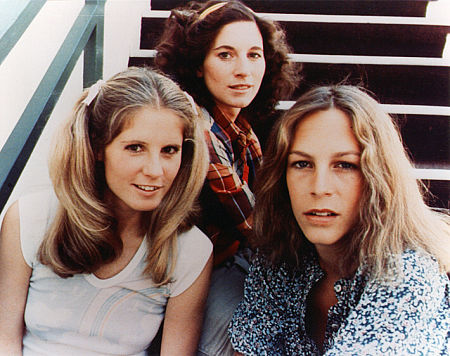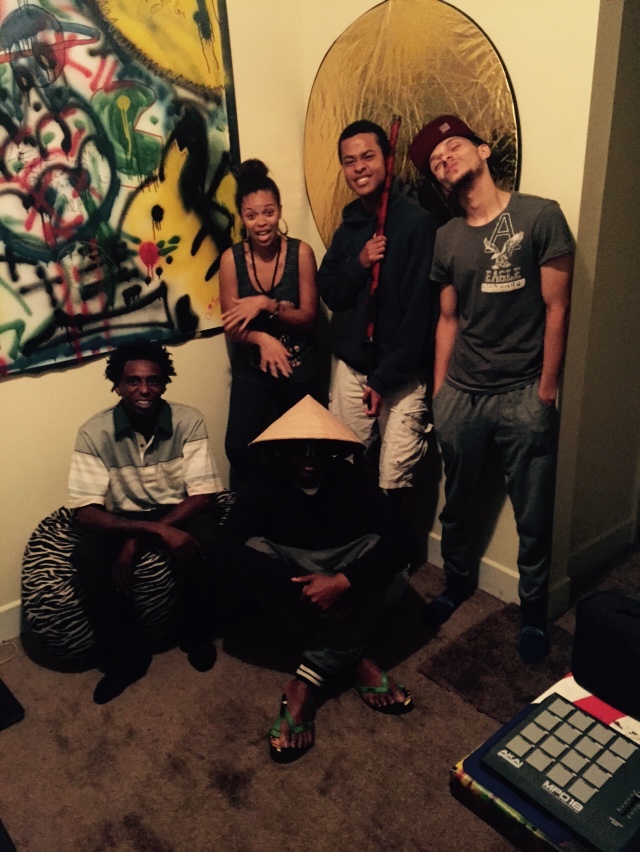By Emily Morales
October feels like the start of the end. The holidays are just around the corner, and you’ve slipped away from the beginning of the semester and towards the middle. That’s why October’s always sneaking up on me, but the fast paced element to this time of year never stops me from getting into the horror movie binging mood.
My annual scary movie kick has started, and the more I re-watch some of my favorites, the more I feel a little guilty. The genre makes me feel like a bad feminist.
Now, I know that not every form of media is meant to be particularly empowering, and there is something negative to be said about forced representation, but it’s worth talking about. Especially when thinking about one trope that horror movies have been using since the 70s.
The final girl trope. TVtropes.org provides a concise definition for this trope, “the last character left alive to confront the killer”. The website then goes on to list factors that normally characterize the trope. The final girl avoids death by staying away from alcohol and promiscuity, and by doing so, she stays alive long enough to eventually confront the killer.

At first glance, this trope seems like it’d portray women in a way that makes them seem like fully developed characters. The issue stems from the fact that scary movies are a lot more linked to morality than they seem. The final girl’s arc revolves around her succeeding in meeting the moral standards of society. Because of that, the way these characters are written suffers. Characters that could have been well rounded and strong come off as flat because they’re too busy following a moral code to experience real development. Making mistakes is what lets a character grow. The final girl isn’t allowed to do anything wrong.
Despite this, I love the final girl trope. It feels like a staple to the horror/thriller genre, which makes sense because audiences need a character to root for. There’s just so much potential there that horror movies seem to rarely tap into, and not just because of how female characters are represented.
How much more impactful would it be if the one confronting the villain of the story had a fatal flaw to overcome in order to save the day? By leaving their heroes underdeveloped because it’s easier to stick female characters into cliche archetypes, the horror movie industry is missing out on an opportunity to make their endings even more gratifying.
Modern movies have been attempting to develop the final girl trope in order to allow their characters to grow. This shift is about more than just a reflection of modern society’s morals. The final girl trope is being allowed to develop into something more than just a commentary on right and wrong, black and white.
Very few franchises have been given the opportunity to highlight how the final girl trope has developed the way the Halloween franchise has. The latest installment and conclusion of a sequel trilogy that began in 2018, Halloween Ends, was released on October 14th of this year. The original Halloween film was released in 1978. The Laurie Strode presented in the most recent film is extremely different from the character audiences were first introduced to in 1978. It’s more than just a natural maturing. Laurie Strode’s motives and mindset are completely different now. She is no longer waiting for Michael Meyers to strike and has decided that she will no longer be complicit prey. By acknowledging that she no longer has to wait around for the bad thing to happen, the Halloween franchise is developing along with the final girl trope itself.
The adaptation of this trope and the general portrayal of female characters in thrillers is a step in the right direction, but for the most part, it feels like a mark is being missed. The flaws within the final girl trope are a lot less significant than they were when the trope first began in the 70s. We’ve come a long way and that’s worth noting, but it’s also important that we keep in mind where the final girl storyline could go as the movie industry continues to develop.







Be the first to comment on "The Final Girl"